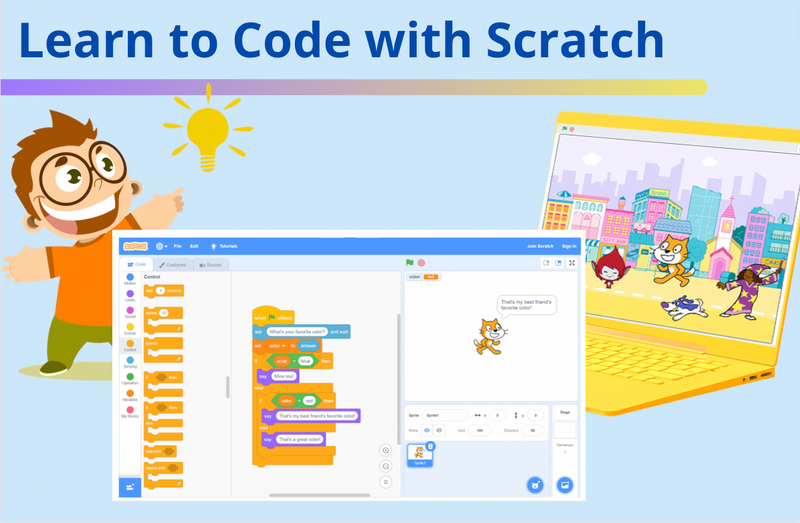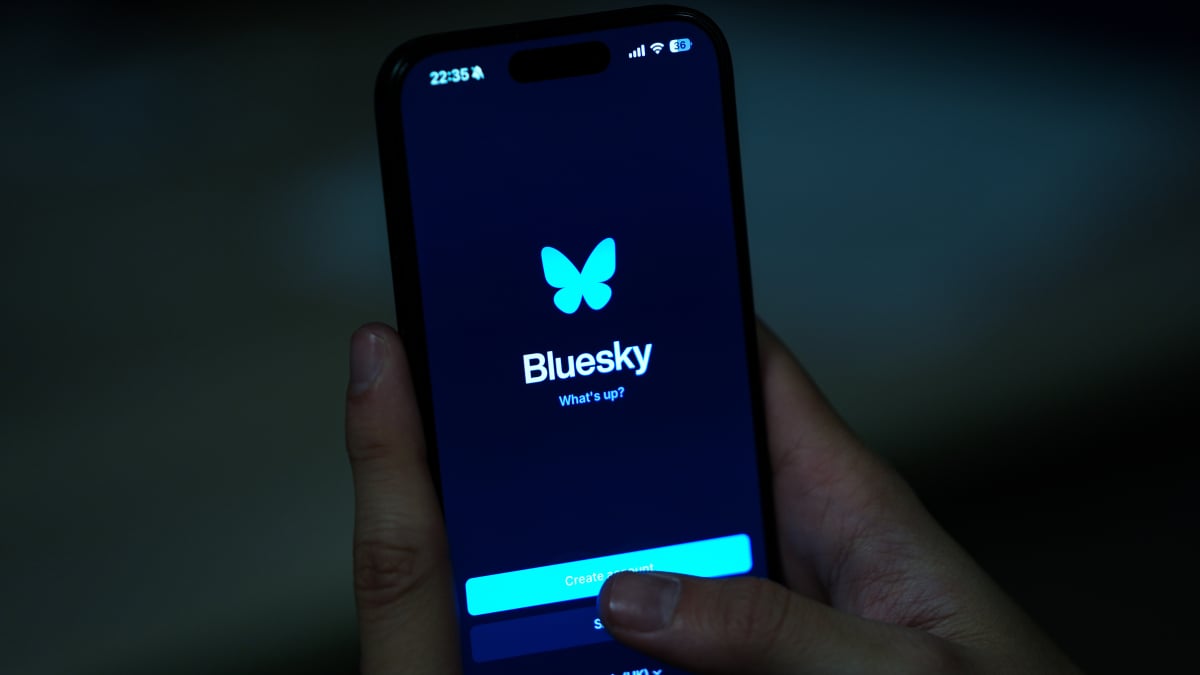Review copy provided by Ubisoft.
Introduction
Developed by Ubisoft Quebec, Immortals Fenyx Rising is an action-adventure video game largely inspired by Greek mythology. In the game, we play as Fenyx, a winged demigod who is on a quest to save the Greek gods and their home from a dark curse. This open-world, third-person game includes a holistic mixture of exploration, combat, puzzles, and more. Immortals Fenyx Rising is set to release December 3, 2020, making it one of the last Ubisoft titles for this year.
However, is Immortals Fenyx Rising accessible to d/Deaf and Hard of Hearing gamers?

Ubisoft has had a pretty good year for accessibility, so I was very excited to try out their final title for 2020. Back in September, Ubisoft published a piece regarding their design process for making Immortals Fenyx Rising an accessible, mythic adventure. Here, they take into consideration motor, cognitive, vision, and hearing related accessibility.
This review will explore current accessibility features, as to help gamers with disabilities in deciding if this is the game for them. Though it focuses on d/Deaf and Hard of Hearing (DHH) accessibility, additional insights on other aspects of accessibility will also be included.


Settings
The game opens up with an Initial Setup, where players can adjust settings to meet their gaming needs. The first menu is Image/HDR Calibration, which allows players to adjust the brightness, contrast, exposure, and more. Most notably, players can change the UI Colorblind Filter, which includes Red-Enhanced, Green-Enhanced, and Blue-Enhanced.
Each option shows a sample on the right hand column, which helps players decide which option is best for them. As a nice touch, players can also use a slider to adjust the intensity of the UI Colorblind Filter, which makes for an extremely versatile accessibility feature, especially since colorblindness, though can be categorized, is a spectrum in terms of severity.


From here, players can adjust the UI & Language for the game, such as Menu Narration, Audio Language, and Subtitle Display/Language.


Within the same menu, gameplay can be adjusted, such as changing the camera follow from on to off, swapping out aim assist, switching certain game mechanics from hold to toggle and/or hold to press, and completely disabling vibration.


Once we leave the Initial Setup, players are welcome to go into the Options menu to peruse and adjust additional settings. Here, we can navigate seven separate menus: Display, Graphics, Controls, Gameplay, HUD, Sound, and Language.
Display mostly pertains to general settings, such as changing the resolution or aspect ratio. We can also re-adjust the Colorblind options here, as well. Similarly, the Graphics section mostly pertains to well… graphics. However, players can turn down certain environments. Typically for this, people view graphics settings more as something for general performance, however it can also be beneficial for cognitive accessibility, as we have a choice to make the environment less busy, thus alleviating pressures on visual processing.


The Controls menu is massive, where we can adjust the general controls (i.e. hold to toggle, hold to press, input sensitivity, vibration, etc). The game also offers an option to customize controls, which is a major plus. For more on motor and mobility accessibility, please be sure to check out our Mobility Game Review.


The Gameplay menu is very brief, allowing players to switch out aim assist, as well as turn photo mode and camera follow on/off.
The HUD menu allows players to toggle anything within the HUD, including the World & Quests HUD, as well as the Hero, Enemies, and Interactions HUDs. Everything is automatically turned on. Allowing players to turn off certain HUD features is a great practice for cognitive accessibility, as we are able to fine-tune our HUD, should it be too visually stimulating.
Immortals Fenyx Rising includes Occlusion Silhouettes, which essentially means that we can see the enemies behind objects. Additionally, we have a stealth indicator, which let’s DHH gamers know whether or not their character’s sound has drawn attention. There is also some Detection Feedback, which notifies users of sounds around them. Lastly, we have an Incoming Attack Warning, which means that any off-screen attacks will not be a surprise to d/Deaf and Hard of Hearing Gamers.


As a plus, the game provides an extremely thorough sample of the HUD so that players can further visually understand the HUD itself.
However, it would have been nice if each HUD feature included some brief text explaining what the option does. For example, at an extremely quick glance at the visual example, it is unclear exactly what Detection Feedback does for stealth mechanics.
In the Sound menu, we can adjust the General Volume, such as the Master Volume, Music Volume, Sound FX Volume, and Voice Volume. This list is basic, but complete. Additionally, players can swap over the Menu Narration, as well as adjust other sound features like Music Frequency.


Lastly, the Language menu allows us to change general aspects of the language, such as the menu and audio language. In this menu, players can also adjust the subtitles, whether it be the language, size, speaker name, and background. For this game, we are unable to enable font edging or change the color.
Also, when you adjust the subtitle size, the sample on the right does not actually change, which is a bit odd to see. However, the overall sentiment holds.


Gameplay
Immortals Fenyx Rising can be played across all platforms, including PC and consoles, making it have extremely versatile accessibility, as gamers can decide which console would most optimize their accessible experience.
When we select a new game, Ubisoft prompts players to choose a difficulty. Immortals Fenyx Rising offers 5 different difficulty selections: Story, Easy, Normal, Hard, and Nightmare. When selecting a difficulty, there is a very thorough explanation on what each difficulty does, which is something I really love to see. This allows players to make a thorough, informed decision before jumping into the gameplay. And worst case, difficulty can be changed later in the Options menu.


Once a difficulty is selected, we dive straight into the gameplay.
Subtitles in action
The subtitles contrast very nicely with the gameplay thanks to the Subtitles Background option. At any given time, d/Deaf and Hard of Hearing players can read the dialogue with ease, whether it be during a cutscene, battle, or puzzle. Here are two examples below, with two drastically different environmental color palettes. The subtitles in both examples are visible and easy to read.




The subtitles also include sound effects to indicate the speaker’s intonation and emotion. This is done explicitly through a label (i.e. “whispers”) or through displaying the literal intonation within the written text (i.e. “I. Can’t. BELIEVE. THIS!”). Both are solid choices, as players can quickly pick up on the tone of the conversation.


Subtitles are heavily interwoven into the gameplay, as the game’s plot itself is being told through the narration of two storytellers. Personally, I found the storytelling aspect of the game extremely engaging, and with the subtitles, I do not feel like I am missing any key information. The dialogue is sprinkled out enough that I can follow it along while playing the game. The game let’s players control the general pace of combat and puzzle solving, so if there is a moment of heavy narration, d/Deaf and Hard of Hearing gamers can very easily take a quick 10 second break to read the dialogue.
As an added plus, our storytellers will give subtle hints about new areas, providing both a helpful and engaging hint system.


Unfortunately, some of the subtitles have very unnatural breaks, which makes it hard to logically follow the speaker’s words. However, since there is not a ton of overlapping dialogue, I find that this does not affect the overall experience. Still, it can easily become a devastating practice and therefore, should be addressed for future titles.


Additionally, we cannot change the Subtitles Background color, which to some disabled gamers, will likely cause fundamental issues (i.e. specific disabilities related to reading). Additionally, we do not get a wide range of options for Subtitles Size, but luckily the largest size is pretty freaking big. For me, I do not have any trouble reading the subtitles on my PC during gameplay.
Integrated, accessible gameplay
Immortals Fenyx Rising includes some stealth mechanics, which heavily utilizes the HUD, titled Detection Feedback. For example, players can observe a bar that goes from one to three white lines, indicating how close a player is to being caught. Once the bars turn red, the player has aggro’d nearby enemies and must engage. Once again, Ubisoft does not disappoint with stealth mechanics, as d/Deaf and Hard of Hearing gamers are always in the loop of what is going on.


In terms of combat, the game offers an Incoming Attack Warning within the HUD that makes d/Deaf and Hard of Hearing gamers’ lives so much easier. This combat cue is purely visual, and will point an arrow in the direction of an enemy attack that is off-screen. It has two forms, (1) the attack’s direction, but it is not happening yet and (2) the attack’s direction and the attack is occurring.


To highlight again, we have a stealth indicator, which let’s gamers know whether or not nearby enemies can see them. Lastly, the game offers Occlusion Silhouettes, which let’s DHH players know of nearby, presumably loud, enemies that are behind objects like cliffs or walls.
The combat is also heavily visual. The parry system is clear and easy to use, even if an enemy is off-screen thanks to the Incoming Attack Warning. Additionally, the dodge mechanics are coherent. Visually, it is clear when to use parry compared to dodge. For example, it is generally found that parry can be used on “white” moves, whereas dodge must be used for “red” moves. Obviously, combat becomes more complex throughout the game, but these integrated visual cues make it so that d/Deaf and Hard of Hearing gamers have equal access to information during combat.


In terms of mechanics, the game allows players to review the tutorial at any point, which is a great practice for cognitive accessibility, as well as helpful for anyone who may put the game down for an extended period of time. If you ever forget mechanics, you can always pause the game to check the tutorials.


The game also provides constant reminders of mechanics within HUD, whether it be a friendly reminder of how to shoot an arrow or move an object.


The game does incorporate music for puzzles, but the designers created a visual representation to correspond with the played notes, which utilizes color and lights. The visual cue is fully integrated, making it so DHH players do not need to adjust anything in the settings.


Concluding Thoughts
Immortals Fenyx Rising is fun. Like, really really fun. But is it accessible to d/Deaf and Hard of Hearing gamers? I would say, yes!
The overall mechanics of the game are fundamentally accessible to DHH players. Additionally, the combat is very Deaf-friendly and the dialogue is always included in the subtitles. At no point during the gameplay did it feel like d/Deaf and Hard of Hearing gamers were left out. However, points are only docked due to some lack of customization for subtitles and unnatural line breaks in the written dialogue. Otherwise, this title is exceptional for DHH Accessibility.
If you are a gamer with a hearing disability looking for a fun action-action video game for this holiday season, I highly suggest you try Immortals Fenyx Rising.




Based in sunny California, Morgan Baker is a chronically ill, deaf gamer. She has a Master’s in Education and specializes in research methods and design. She works as a full-time Disability Specialist, as well as provides Accessibility Consultation to gaming studios, as needed. When she isn’t drinking copious amounts of coffee, you can find Morgan working hard to create accessible solutions. You can contact her on Twitter at @momoxmia
Gaming Center
Gaming center adalah sebuah tempat atau fasilitas yang menyediakan berbagai perangkat dan layanan untuk bermain video game, baik di PC, konsol, maupun mesin arcade. Gaming center ini bisa dikunjungi oleh siapa saja yang ingin bermain game secara individu atau bersama teman-teman. Beberapa gaming center juga sering digunakan sebagai lokasi turnamen game atau esports.



